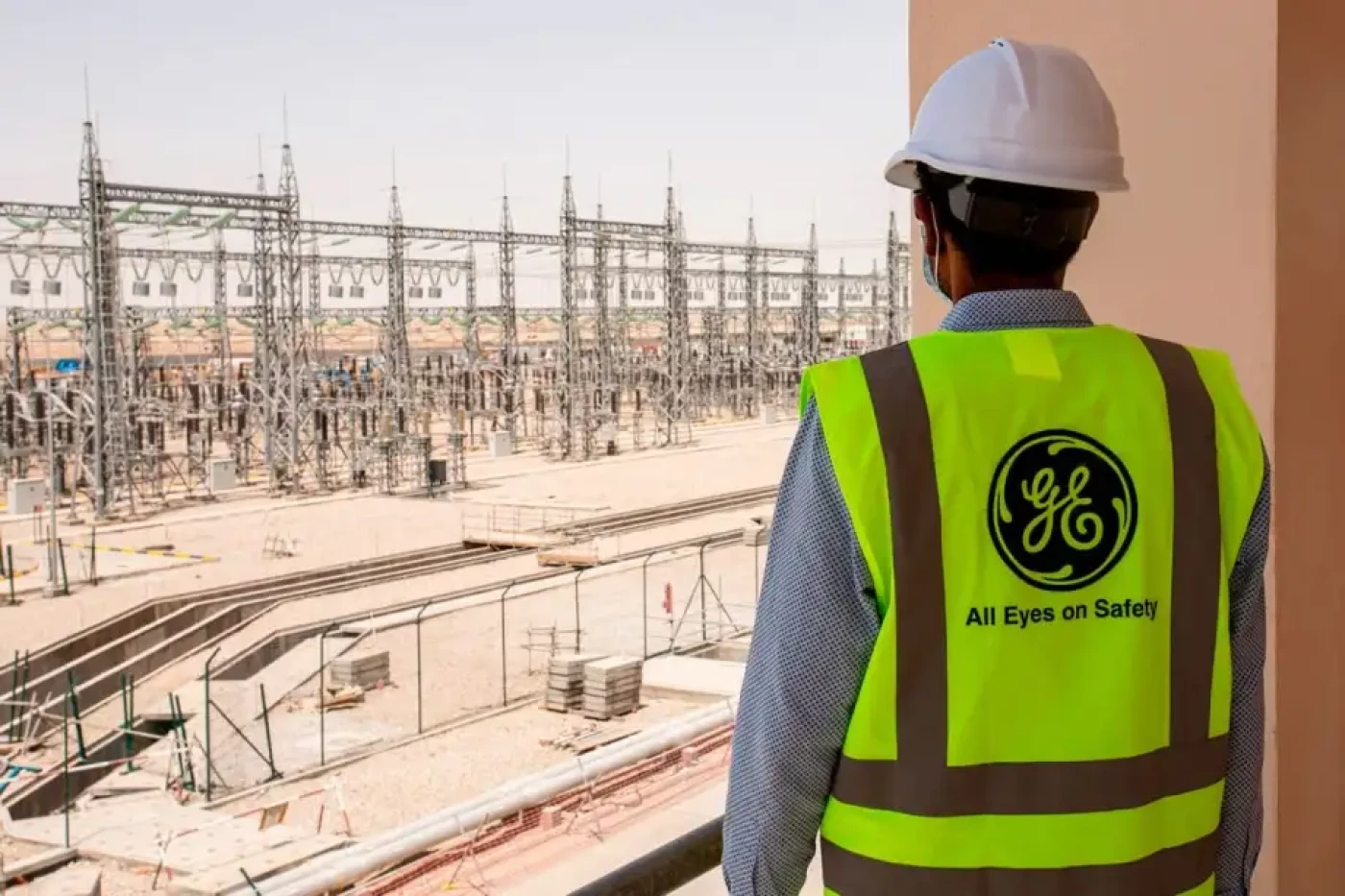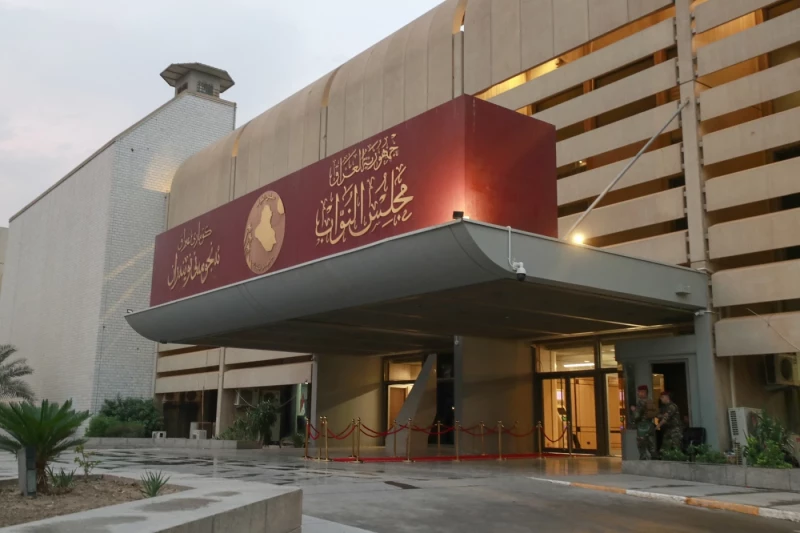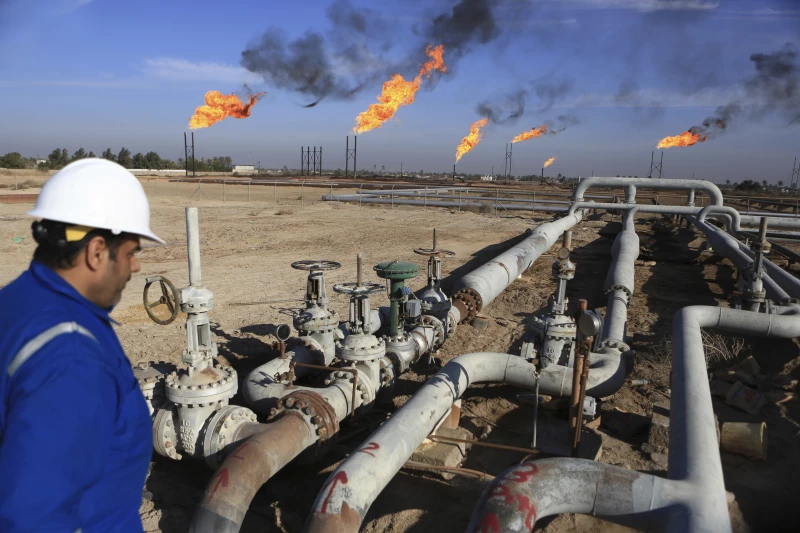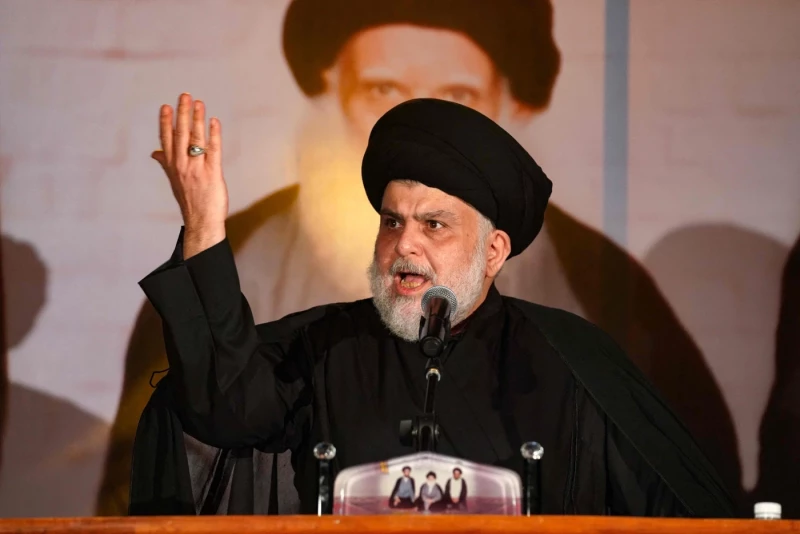ERBIL, Kurdistan Region of Iraq – The Iraqi electricity ministry on Thursday revealed that they are close to signing two contracts with a Saudi and an Emirati company to add 2,000 megawatts of power to its grid amid gas shortages due to US sanctions on Iran.
As the US piles up the pressure on Iraq to diversify its gas sources and ramps up its sanctions on Iran, Iraq’s gas deficit have been aggravated ahead of summer, forcing Baghdad to look elsewhere to secure its energy demands.
“The significant decline in Iranian gas is affecting power plants and has led to the shutdown of a number of our units. This is causing the system to weaken at this time, which is witnessing rising temperatures and increased demand,” ministry spokesperson Ahmed Musa told Iraqi state media on Thursday, adding that “the ministry has lost approximately 4,000 megawatts, and this loss during these times affects the hours of supply."
Despite the stations and generating units being “well prepared,” Musa noted that the issue “is due to the shortage of fuel.”
“The ministry is close to signing a contract with the Saudi company ACWA Power to build a 1,000-megawatt plant in Najaf and also with the Emirati company Masdar to build four plants with a total capacity of 1,000 megawatts,” Musa revealed, which focus more on solar and self-sufficient power sources.
The Iraqi government signed agreements with Turkmenistan “18 months ago “ to import 20 million cubic meters of gas in the summer and 10 million in the winter through Iranian territory, said Musa; however, the sanctions on Iran once again hindered the process when “the Trade Bank of Iraq was unable to open credits and transfer funds” due to the sanctions.
The US has time and again urged Iraq to find alternatives to Iranian gas, a call that was renewed when the Kurdistan Regional Government (KRG) signed two agreements with two American firms to develop certain oil and gas fields in the Region, which combined for a total value of around 110 billion US dollars. The agreements were rejected by Iraq's oil ministry, which reportedly filed a lawsuit against the agreements in Baghdad’s Karkh Commercial Court.
The Kurdistan Region's deals ensured provisions to alleviate ongoing Iraqi gas shortages and help break its reliance on Iranian gas, both Kurdistan Region Prime Minister Masrour Barzani and the US Department of State stated, adding that the deals would prove beneficial to all parts of Iraq.
Iranian gas supplies account for between 30 and 40 percent of Iraq’s energy needs. These imports are especially crucial during the summer months, when temperatures can reach 50°C and energy demand peaks; however, they serve as a conflict of interest with the United States as Washington tries to maximize its leverage amid nuclear enrichment quarrels with Tehran.


 Facebook
Facebook
 LinkedIn
LinkedIn
 Telegram
Telegram
 X
X



